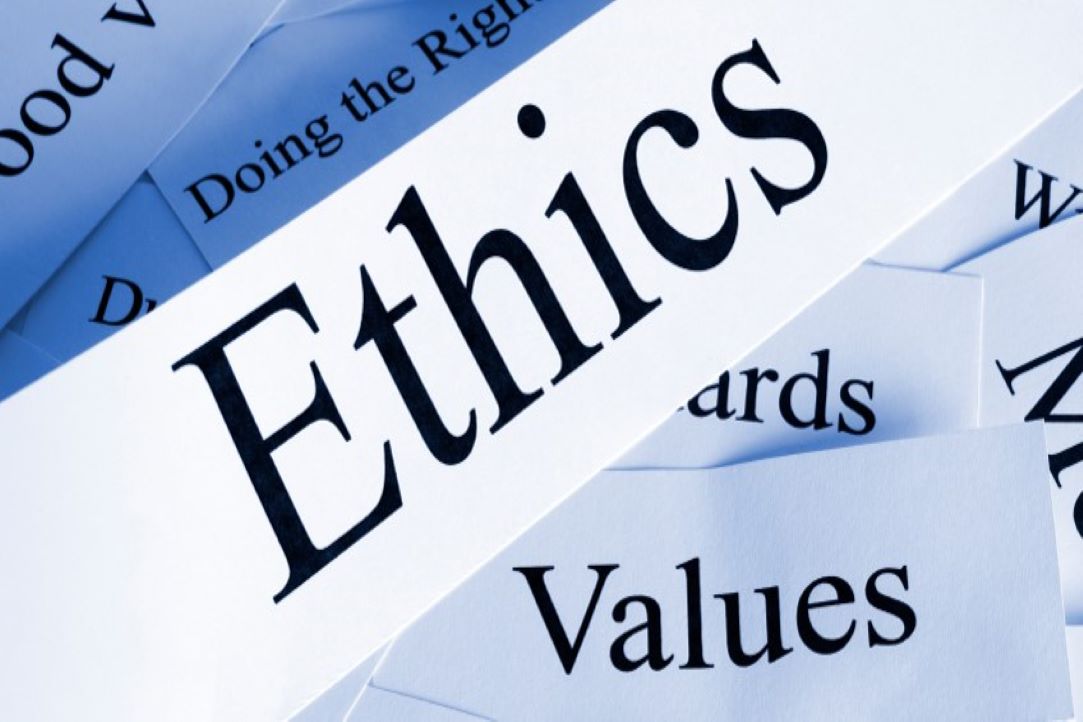The Universal Ethical Code And Guidelines

The HSE Code of Standards and Behaviour is an important element of the overall framework within which all employees are expected to work. It sets out the standards required of employees in the discharge of their duties. These standards of behaviour and values will support a high-quality public service, based on high levels of personal performance and responsibility.
Today HSE continues to develop the Universal Ethical Code and Guidelines for students, staff, and teachers. The Code includes norms and rules that the university community considers important and does not accept their violation. Unlike internal rules, violation of the Code does not directly result in disciplinary action but is condemned by the community and may cause a “hearing of the case” by the ethics committee. Ethical guidelines contain instructions or recommendations that help to understand how it is customary to act in various ambiguous situations in HSE. In foreign guidelines you can find, for example, tips on how to dress for Halloween so as not to offend anyone, how to correspond with the teacher or how to take care of the environment. Guidelines are exclusively advisory in nature.
The development of these rules and recommendations is an excellent occasion to think about how we would like to see an ideal HSE: the interaction of students, employees, teachers, and how we would like to see ourselves in it. Why do we need them? They help the community reflect, capture and protect important values and practices. The HSE Code of Standards and Behaviour does not say what is accepted in the community - to be honest, open to the outside world. And Ethical standards and guidelines are focused on this. They also broadcast corporate culture and integrate new students into the community of our university.
This will greatly help in the development of draft codex and guidelines.
Text by
Kristina Kondakova
